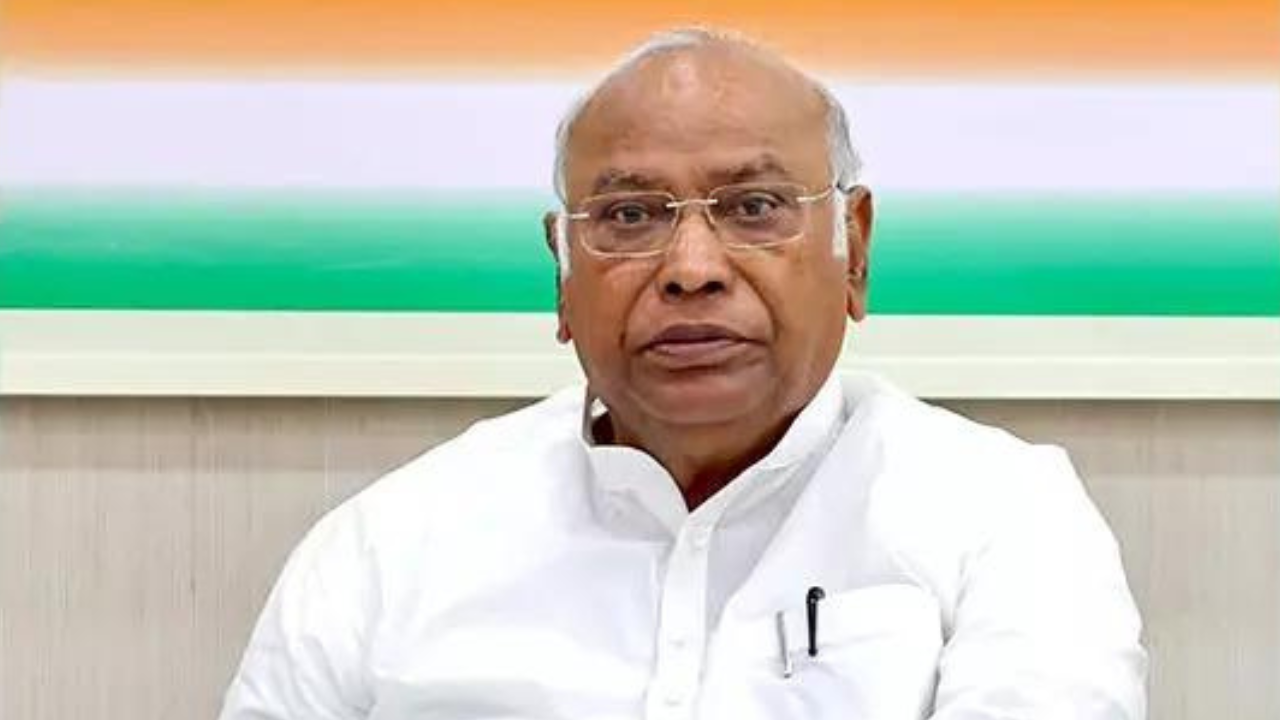Congress chief Mallikarjun Kharge's recent comments on the 90-hour work week have sparked a fiery debate about work-life balance in India. Kharge's strong rejection of L&T Chairman SN Subrahmanyan's proposal for longer working hours is causing ripples throughout the business world, reigniting conversations on employee wellbeing and productivity. Kharge's sharp critique, delivered at the inauguration of the Congress' new headquarters, skillfully weaves together gratitude for L&T's construction work and a forceful rejection of Subrahmanyan's proposal, injecting humour and gravitas in equal measure.
The 90-Hour Work Week: A Controversial Proposal
SN Subrahmanyan, chairman of the Larsen & Toubro (L&T) Group, recently caused outrage with his proposal for employees to work a 90-hour week, and potentially abandon their weekly rest days. His statement prompted wide spread outrage amongst employee groups, who criticized the disregard of employee wellbeing and work life balance.
The Public Outcry
Subrahmanyan's suggestion, which involved comments about the amount of time employees could dedicate to their families, caused a backlash both in traditional media as well as on social media. The suggestion was met with swift criticism across a broad spectrum of voices. The statements are a clear example of why work life balance is so crucial, as workers struggle to achieve balance and meet family and societal obligations. Numerous online campaigns and articles focused on criticizing the outlandish proposal and the poor workplace ethics. His ideas stand in direct contrast to progressive work practices and raise serious concerns about labor rights in India. Critics have labeled his statements as tone-deaf, insensitive, and out of step with the modern expectations for workplace policies that seek to prioritize employee well-being. The L&T controversy highlights the significant differences between the values of workers and top corporate management.
Kharge's Counterargument: A Stand for Workers' Rights
In response to Subrahmanyan's remarks, Mallikarjun Kharge unequivocally rejected the notion of a 90-hour workweek, citing the established principles and labor laws championed by Jawaharlal Nehru and B.R. Ambedkar. Kharge highlighted that these leaders advocated for an eight-hour workday to protect the health and well-being of employees.
Historical Context of Labor Laws
Kharge's stance grounded its argument within a strong historical foundation. He deftly used his public platform to advocate for labor's rights and highlight the enduring relevance of laws designed to protect workers' well-being. He championed the legacies of Nehru and Ambedkar, emphasizing that these crucial historical figures recognized that excessive working hours are detrimental to worker health, family and productivity.
A Modern Relevance
The historical background adds weight to the contemporary debate surrounding work-life balance. While modern advancements provide opportunities, it is vital that the original intent of safeguarding worker's health and well being are not superseded by modern economic development. Kharge's referencing the labor laws of the past creates an opportunity to revitalize their significance for the Indian workforce in the modern day.
The Ongoing Debate: Work-Life Balance in the 21st Century
Subrahmanyan's remarks ignited a passionate discussion about the optimal work-life balance, particularly within India's growing tech sector. While several prominent business leaders have advocated for longer working hours, the prevailing sentiment shows strong preference for flexible arrangements. This emphasizes a paradigm shift in modern workplace culture. The controversy also underscores the conflict between productivity metrics and employee wellbeing and happiness.
Striking a Balance
The ideal work life balance may vary based upon industry, occupation, and individual lifestyle. Finding balance involves effective planning, organization, and the use of supportive workplace policies. There are a plethora of resources that exist online and in local communities, such as professional groups, that can be of significant assistance in striking a suitable balance.
The Future of Work
The dialogue surrounding working hours reveals a deeper examination of productivity, employee wellbeing, and the role of technology. As the boundaries between work and personal life continue to blur, finding solutions that promote both efficiency and a healthy work-life balance becomes a shared goal.
Rethinking Productivity
The current dialogue presents an opportune time to critically assess the role of technology and remote work capabilities in contemporary worker's lives. An increased emphasis upon a balanced perspective and employee wellbeing might provide improved work environments and improve both worker and employer productivity. These conversations emphasize the importance of establishing fair work policies that respect employees and provide sufficient support and a path towards a sustainable lifestyle for individuals.
Take Away Points:
- Mallikarjun Kharge's rejection of the 90-hour work week sparked a crucial debate on work-life balance in India.
- The controversy highlights the need for policies that prioritize employee well-being alongside productivity.
- Finding a balance between professional demands and personal life is crucial for individual health and overall societal progress.









